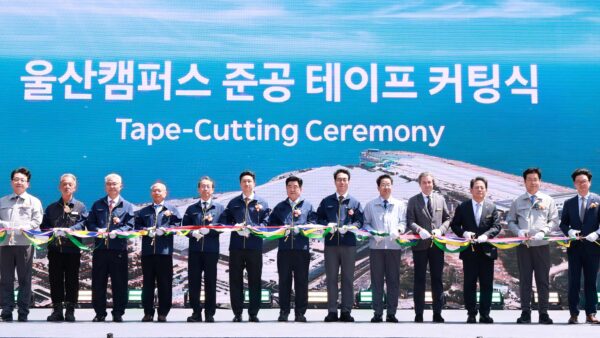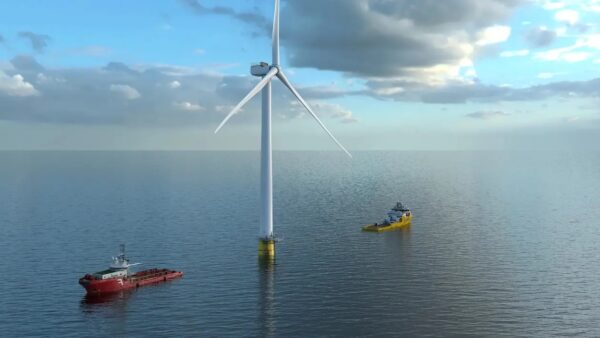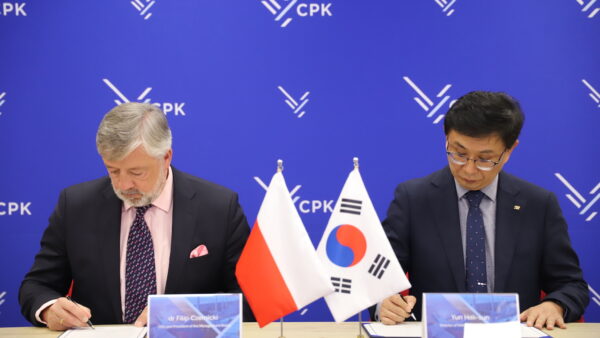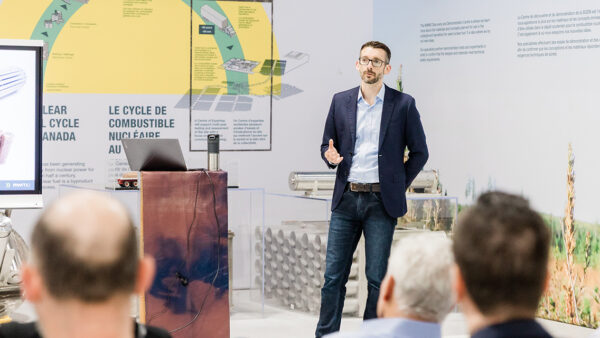With the resumption of diplomatic relations between the US and Cuba, American companies are tantalised by the presence of an 11-million-strong market 90 miles off the coast of Florida.Â
And the construction company that can claim to have lobbied the loudest for the longest is Caterpillar, the Illinois-based machinery maker.
The infrastructure in Cuba, at very best, is tired. It needs to be built from the ground up– Bill Lane, Caterpillar
The company has been calling for an end to the trade embargo since 1998, and greeted the opening of the US embassy with jubilation.Â
“It is now time to unleash the full power of engagement by fully normalising relations,” Doug Oberhelman, the company’s chairman and chief executive, said in a statement. Â
He added: “For almost 20 years, Caterpillar has strongly advocated for engagement rather than isolation in Cuba. We’ve also called on the U.S. government to lift the trade embargo because, in our view, the current isolationist policy hasn’t worked.”
Fully integrating Cuba into the global economy would, he said, “improve the everyday lives of the Cuban people”.Â
After President Obama signalled in December that US policy was changing, Caterpillar announced that it was hoping to open a dealership in Cuba, and its executives visited the country in April to research the market and to meet the business and government leaders who may be future customers.Â
Its rival John Deere has also stated that Cuba is a potential market for its products.Â
Caterpillar donated generator sets to Cuban hospitals as part of a humanitarian outreach programme. Currently, Caterpillar and the Caterpillar Foundation are looking at ways to accumulate good will in the country.Â
Bill Lane, Caterpillar’s global government affairs director, told Chicago business journal Crain’s that there was lots of “pent-up demand” in Cuba for the type of equipment Caterpillar makes.Â
“The infrastructure in Cuba, at very best, is tired. It needs to be built from the ground up,” he said.Â
The Cuban market for construction equipment is presently dominated by Komatsu of Japan. Â
The Japanese are also looking at Cuba as a manufacturing base for export to the US market, if and when trade sanctions are lifted, and Komatsu was part of Japan’s first ever visit by a foreign minister to the island in May. Â
Despite the blockade, Cuba is a relatively wealthy market in regional terms. World Bank statistics show that on a purchasing power basis, per capital GDP is greater than Mexico and more than twice that of Jamaica.  Â
In the period before the embargo, the island received more US direct investment than the rest of Latin America combined: $320m, or about $2bn in present currency. Â
Photograph: Cuba’s roads are almost as old as their cars… (Gildemax/Wikimedia Commons)










